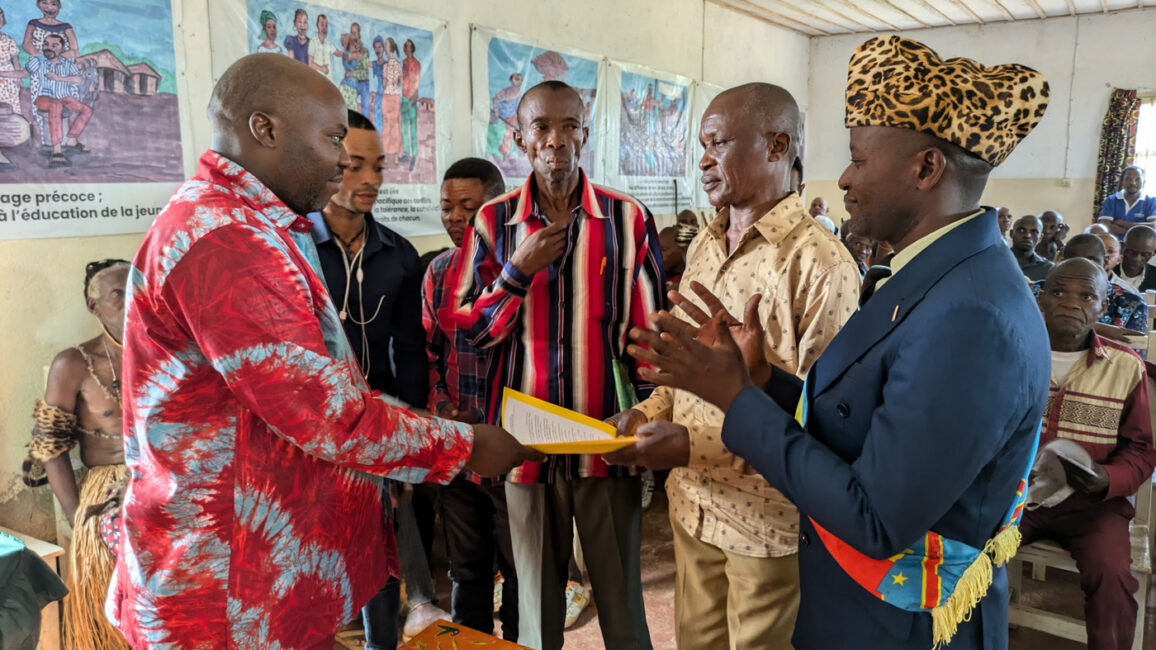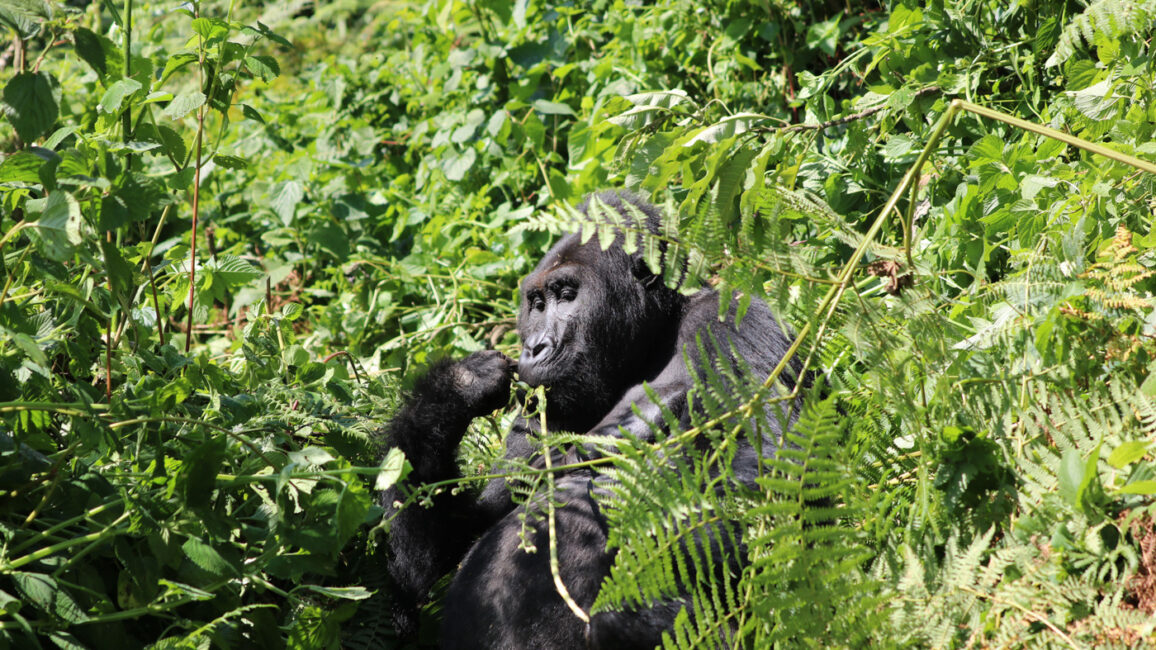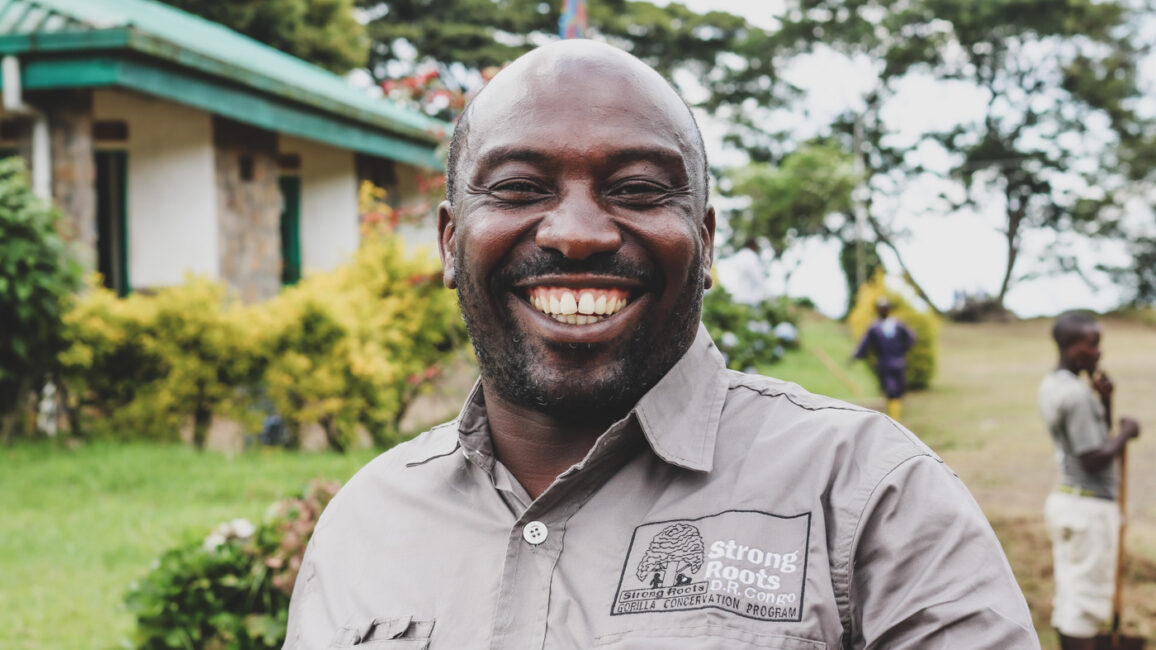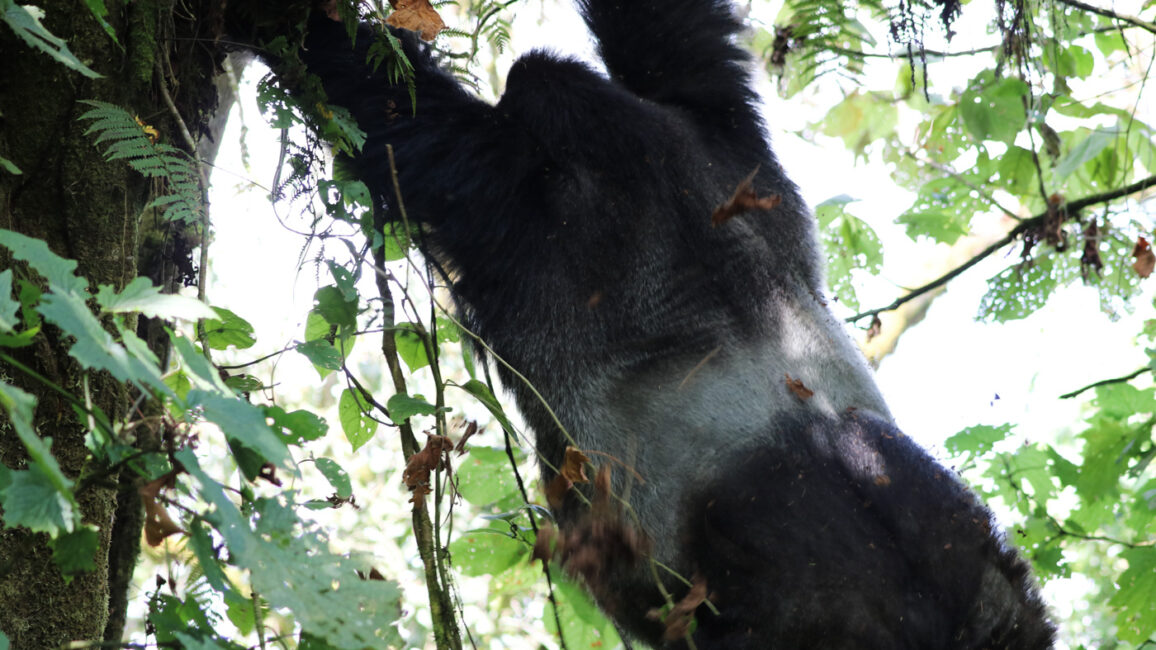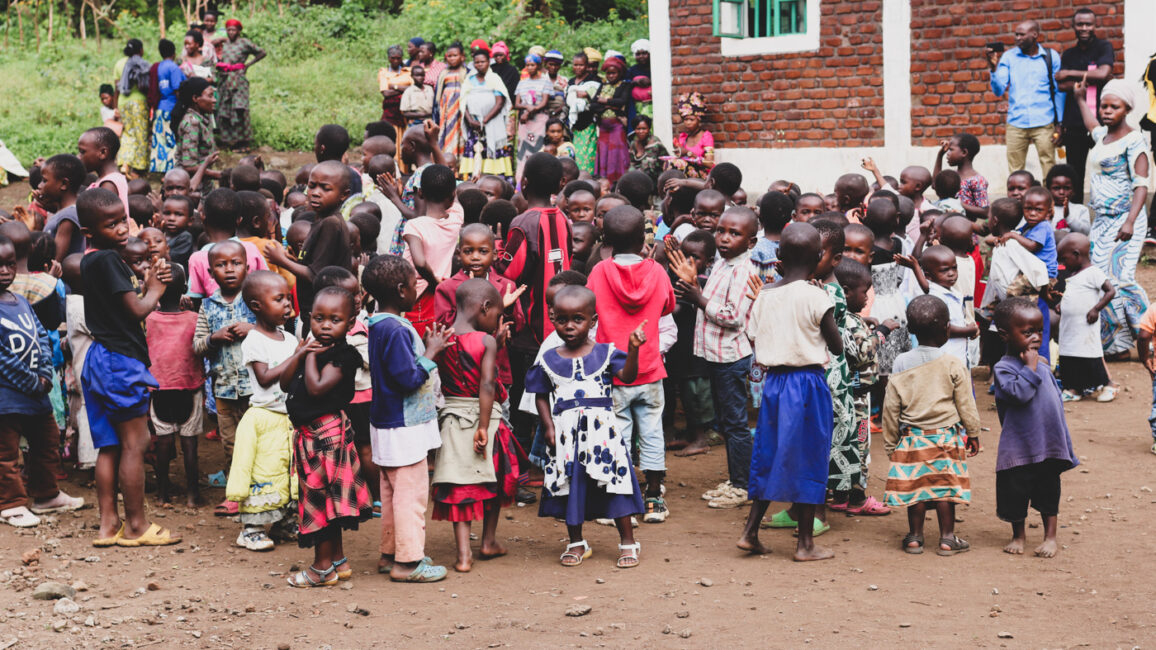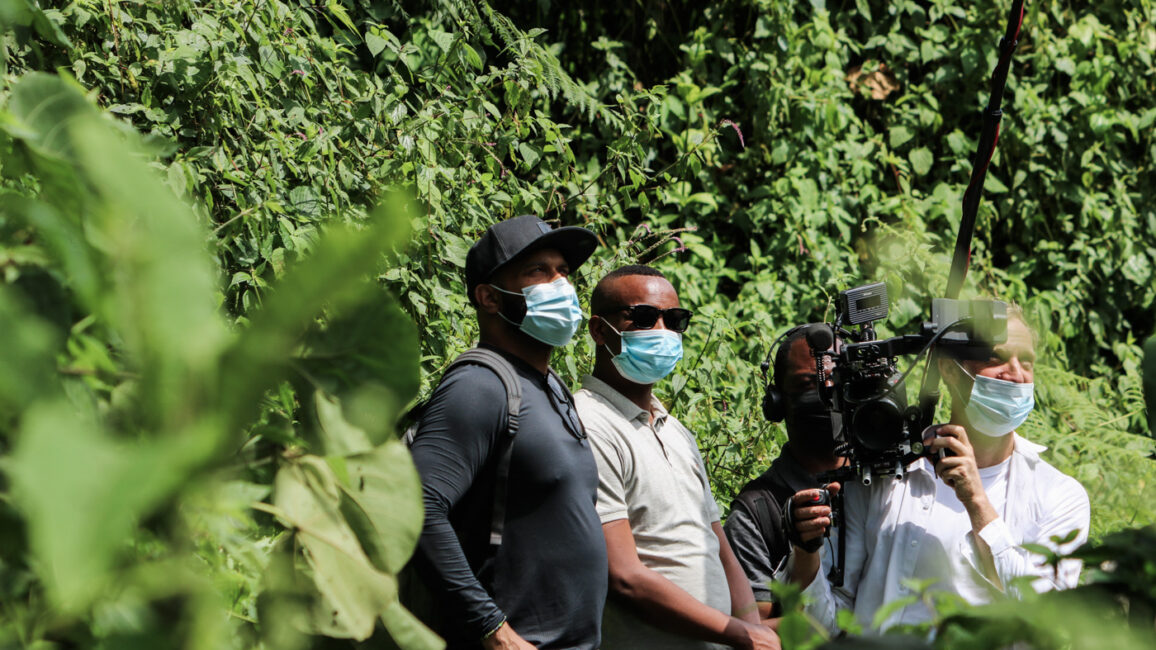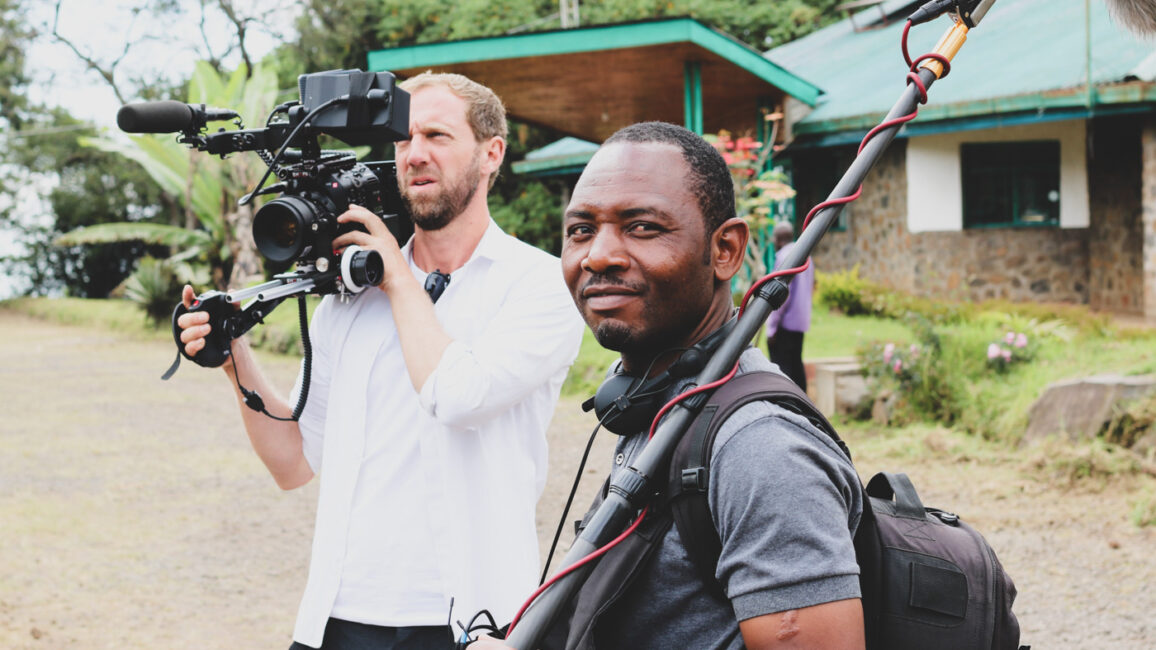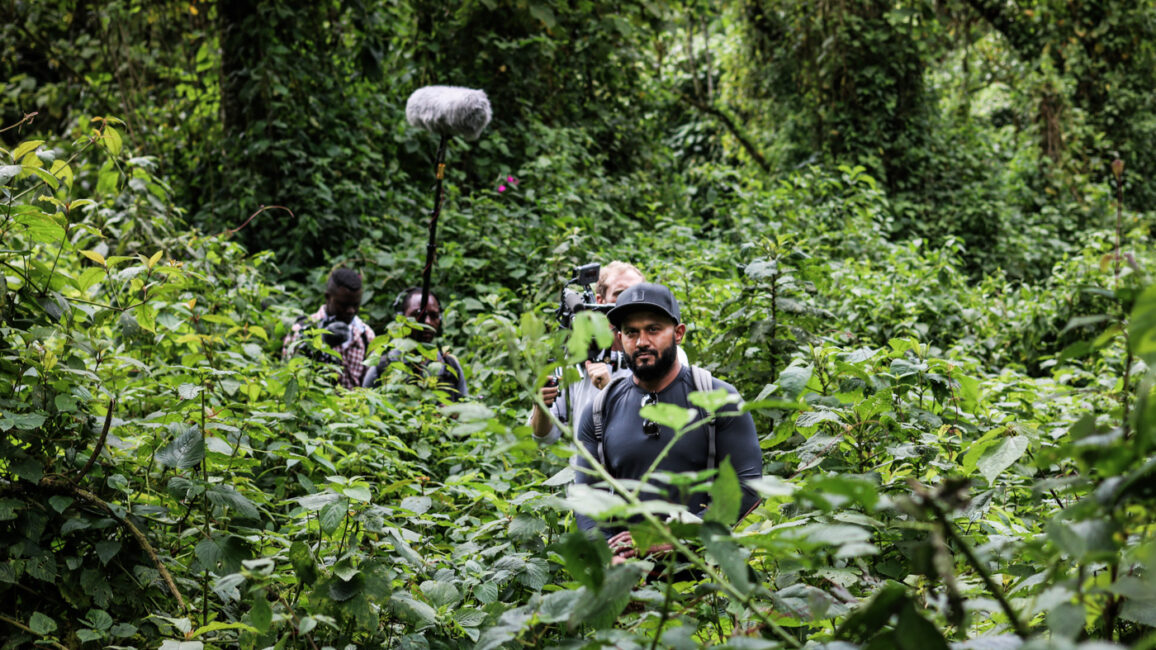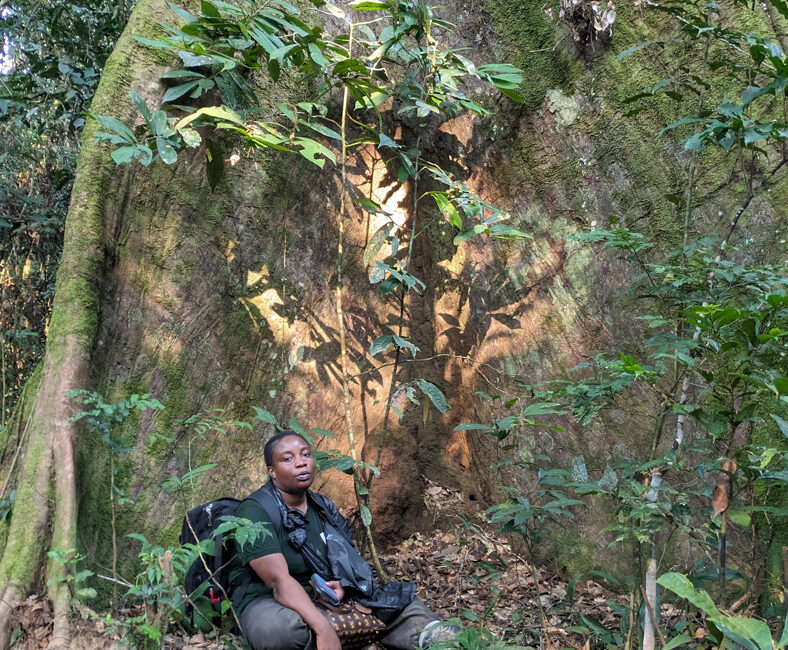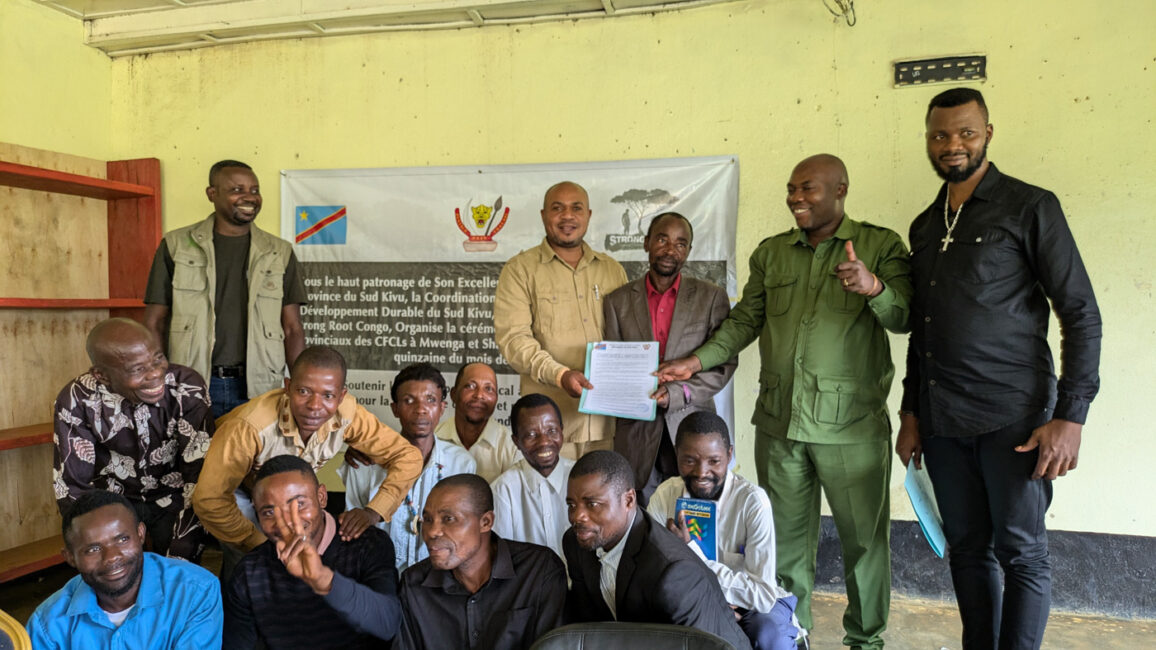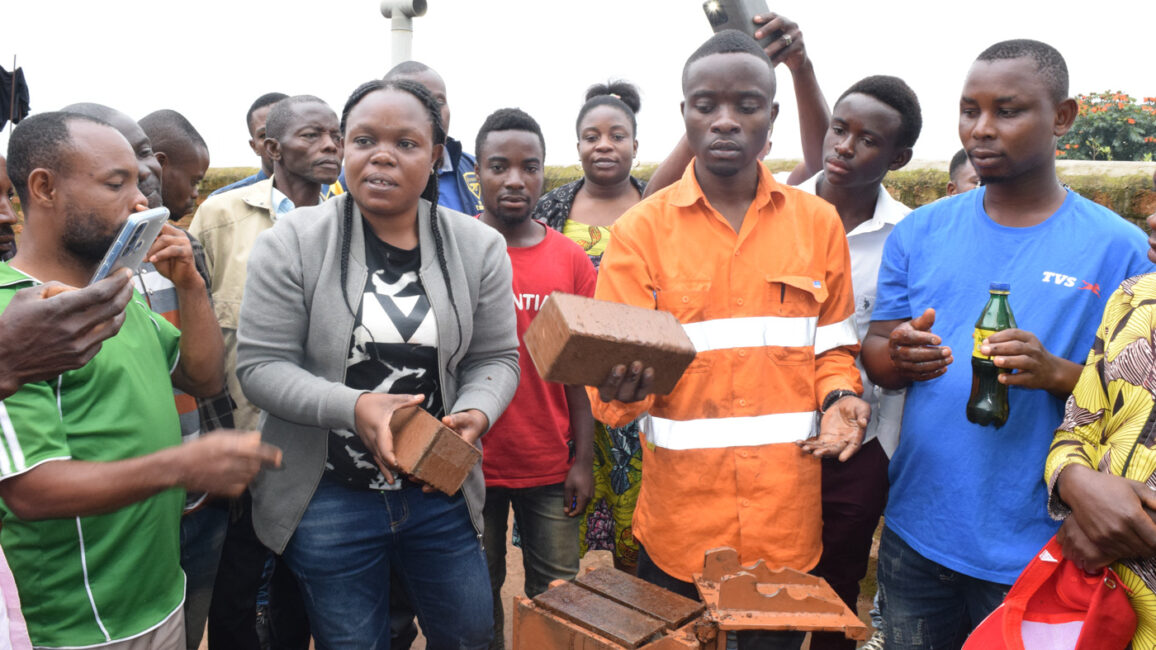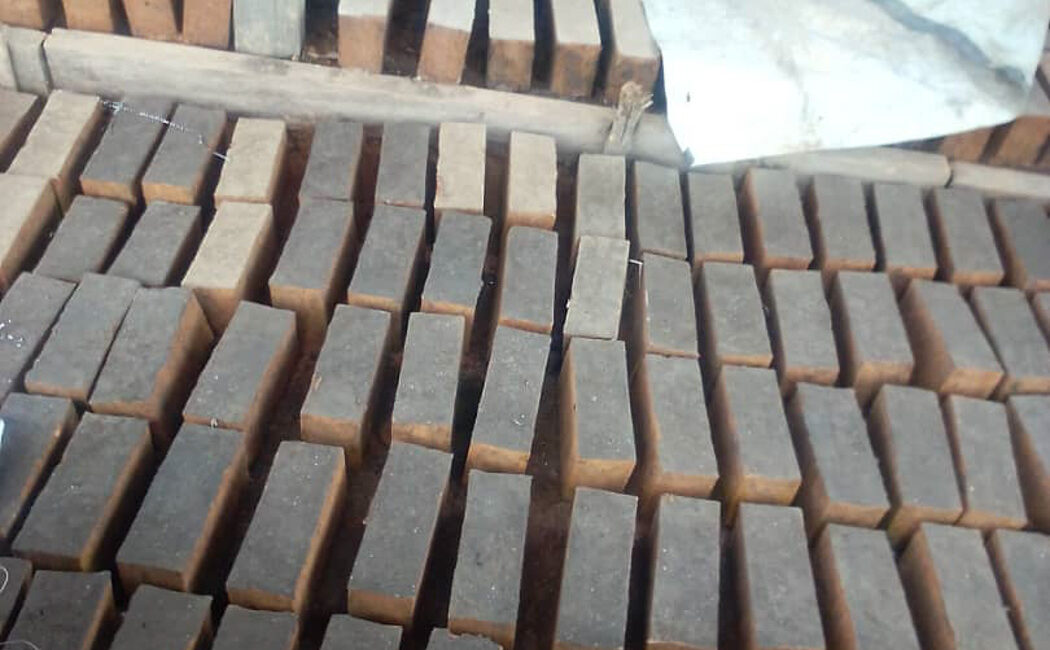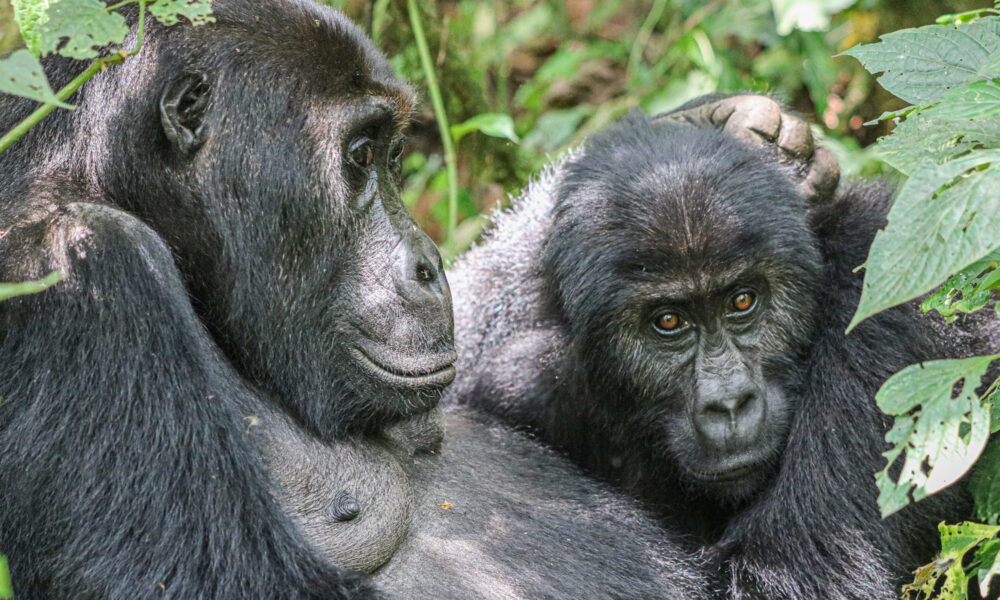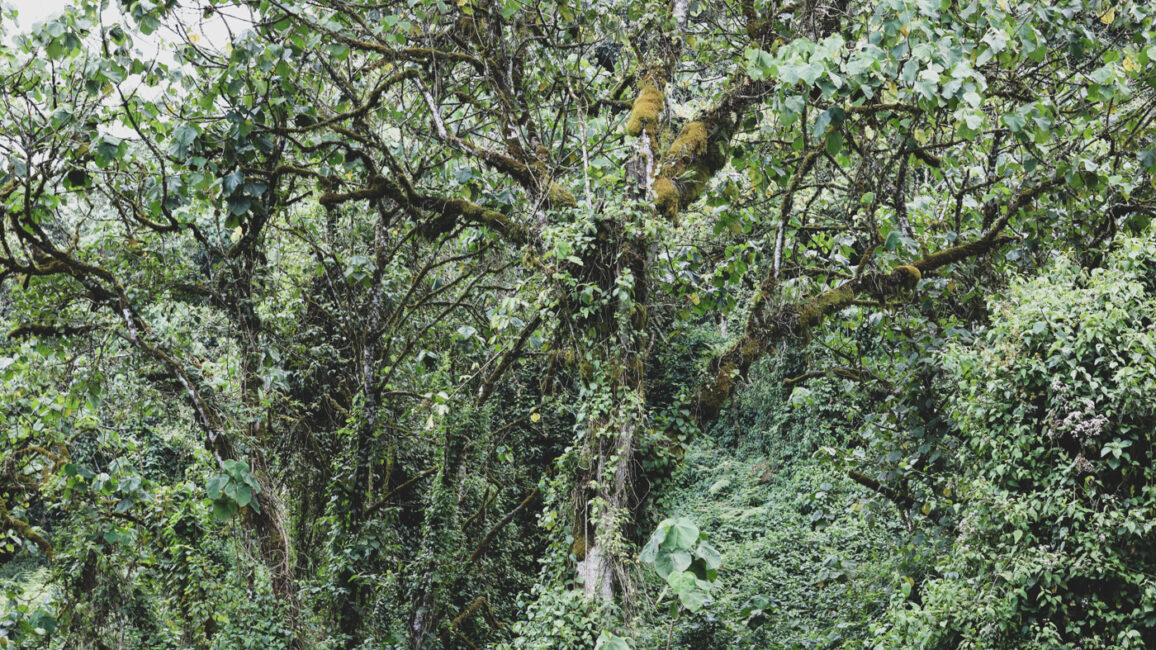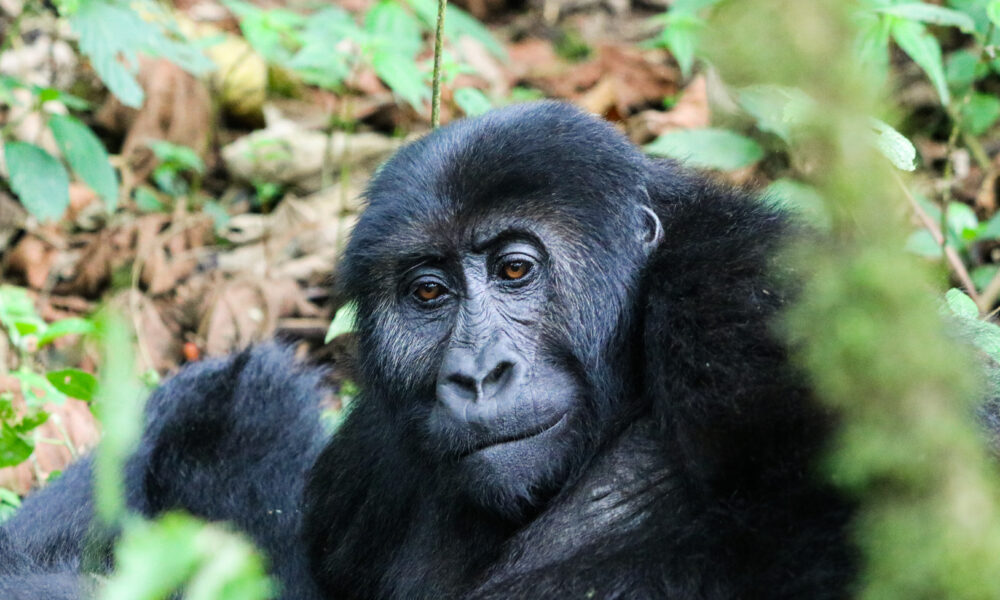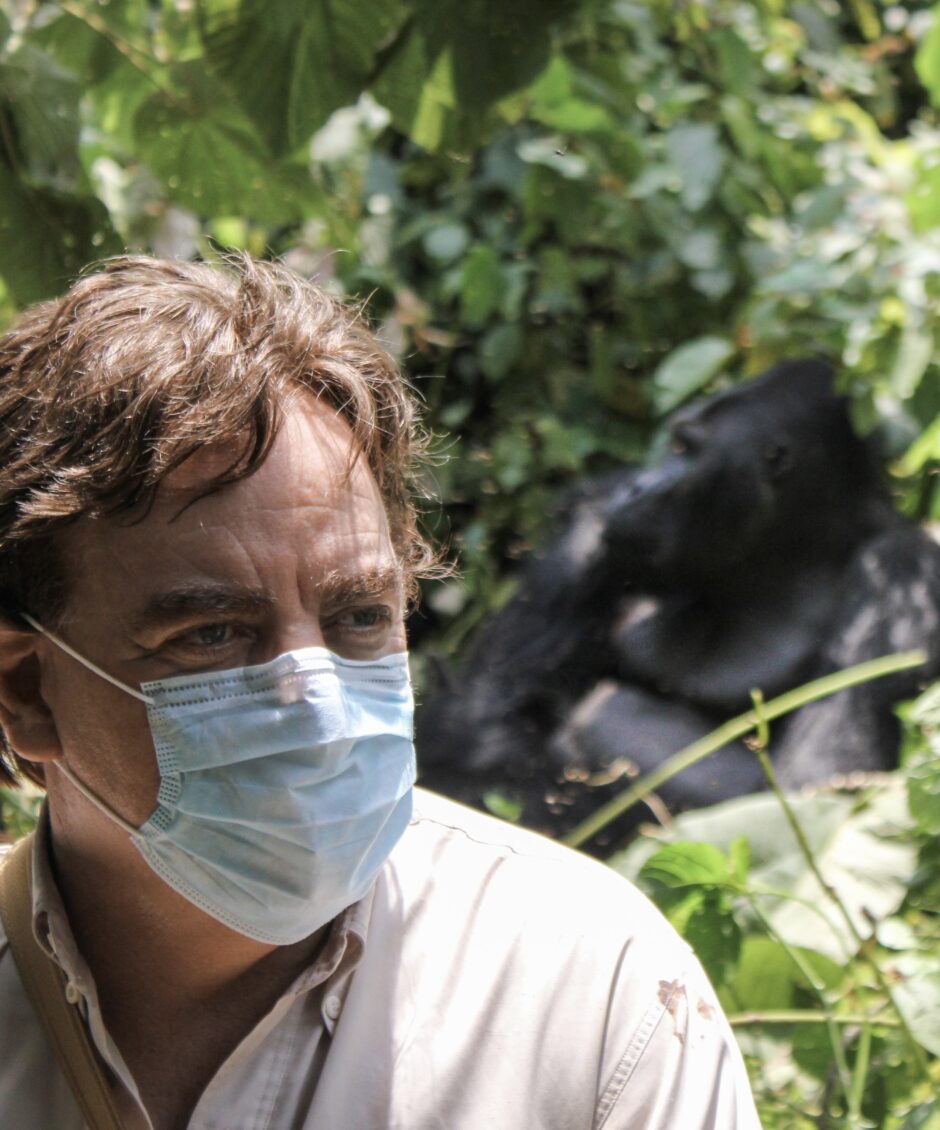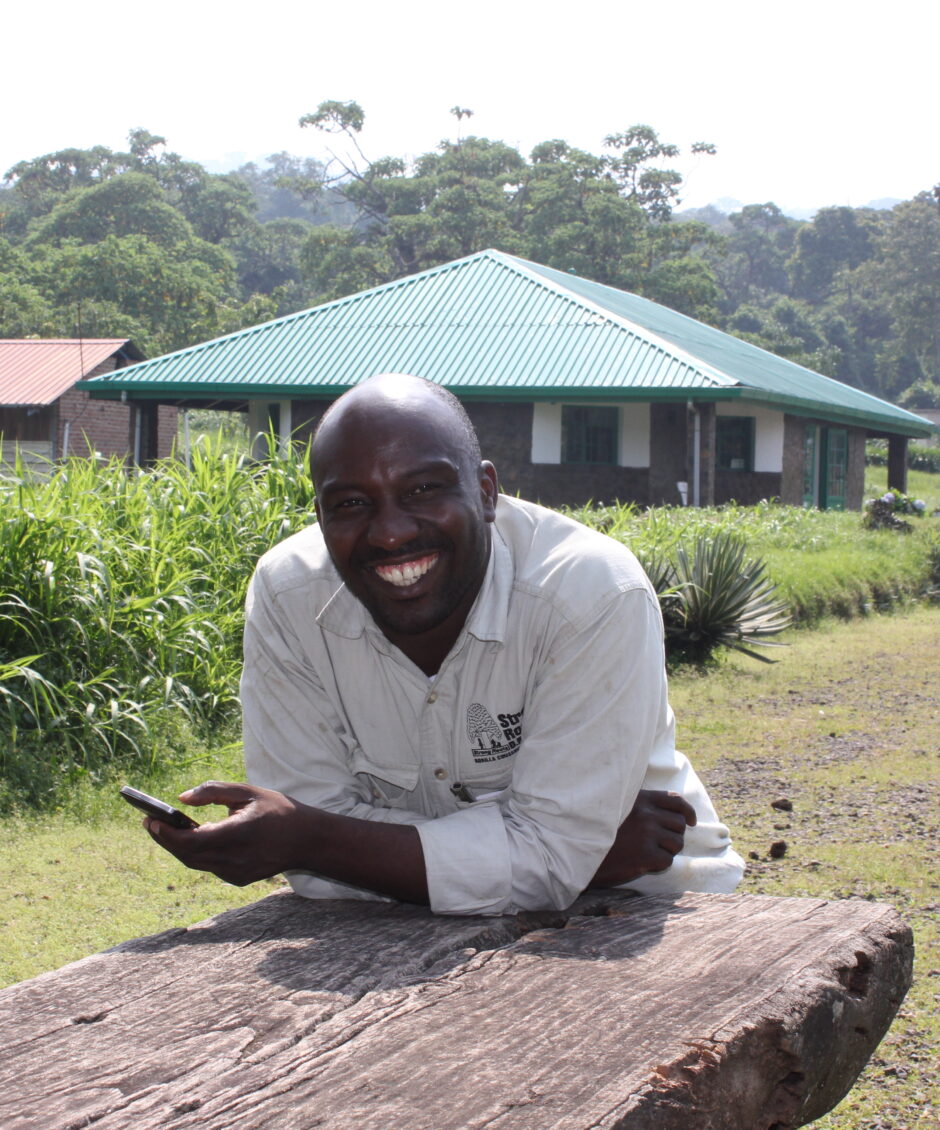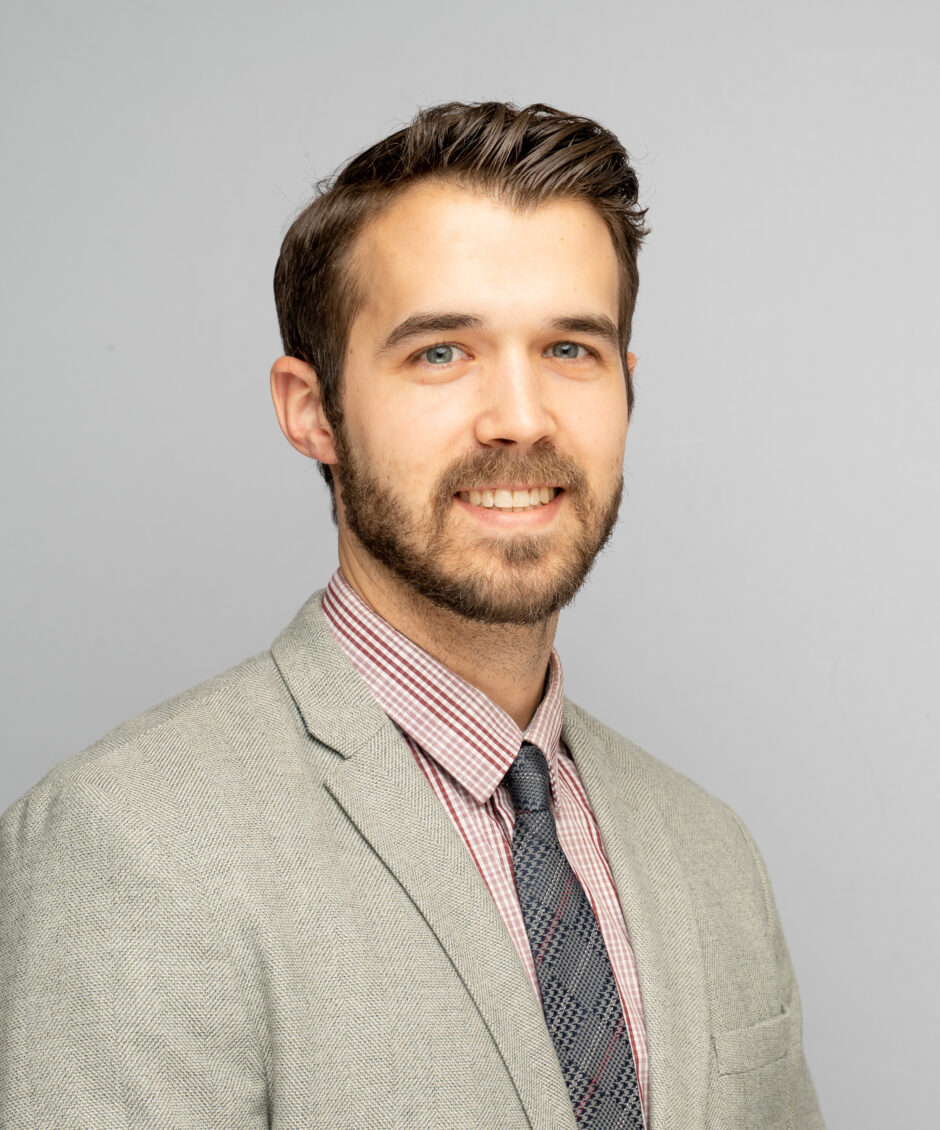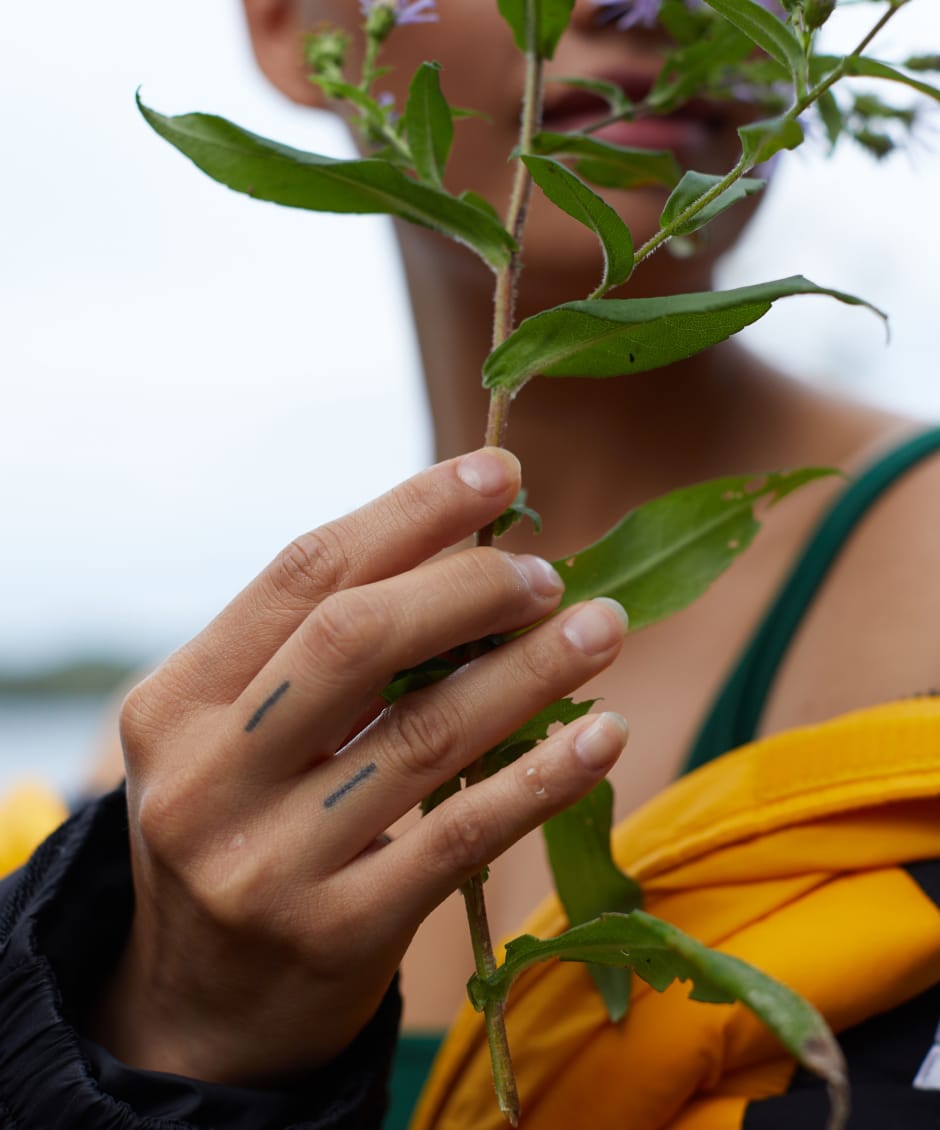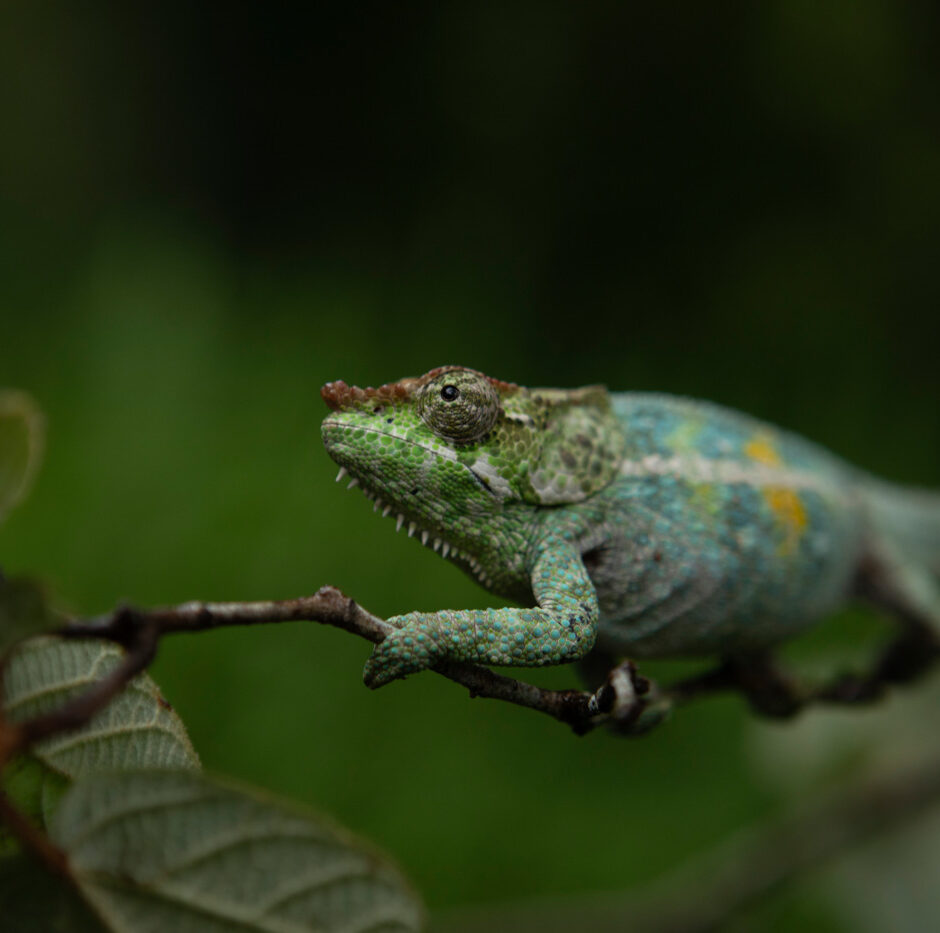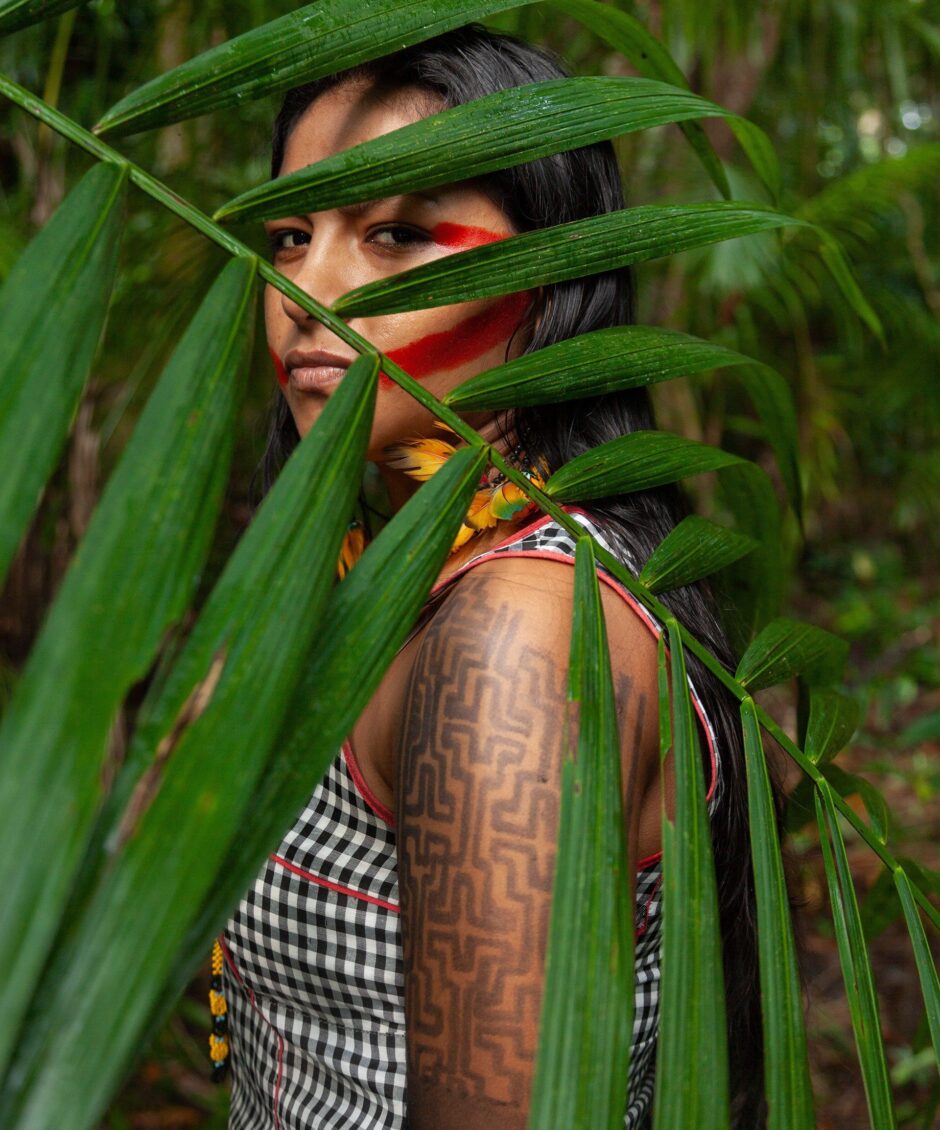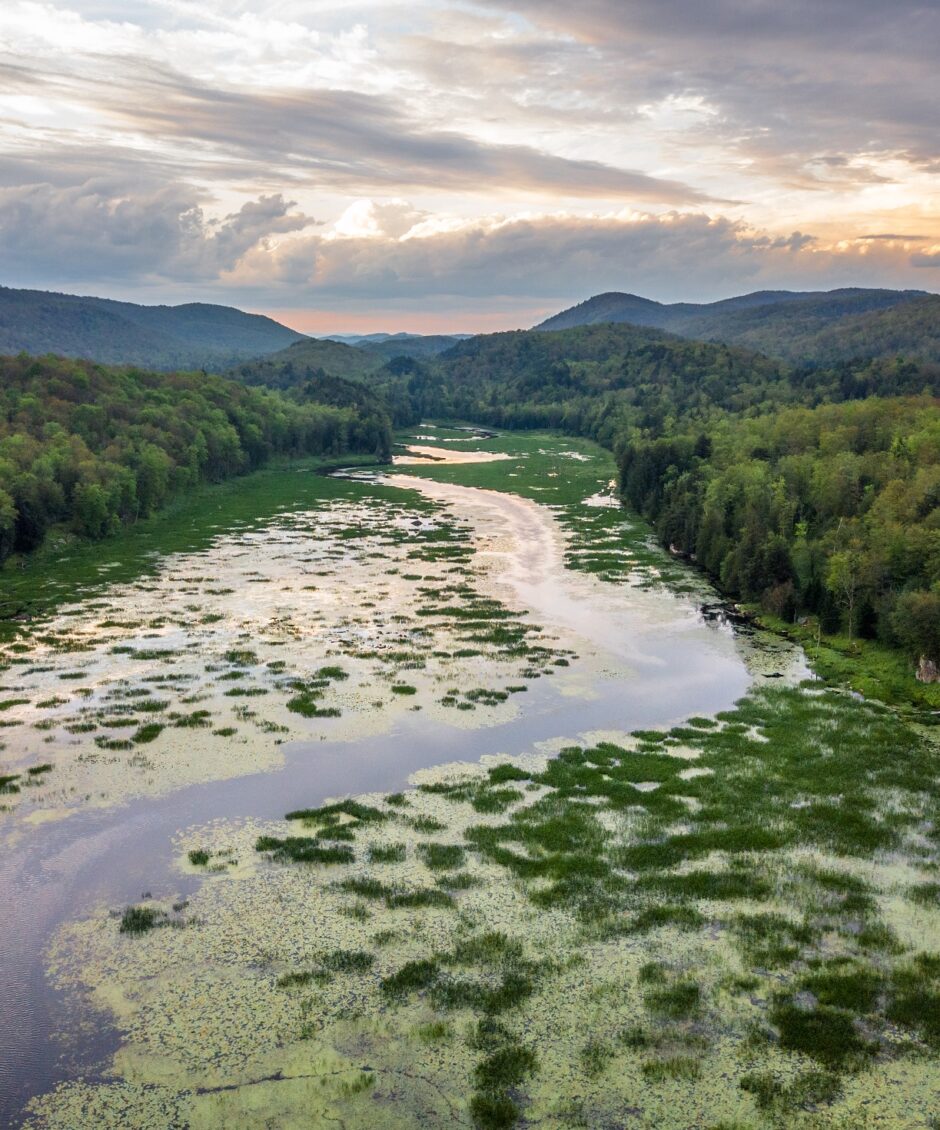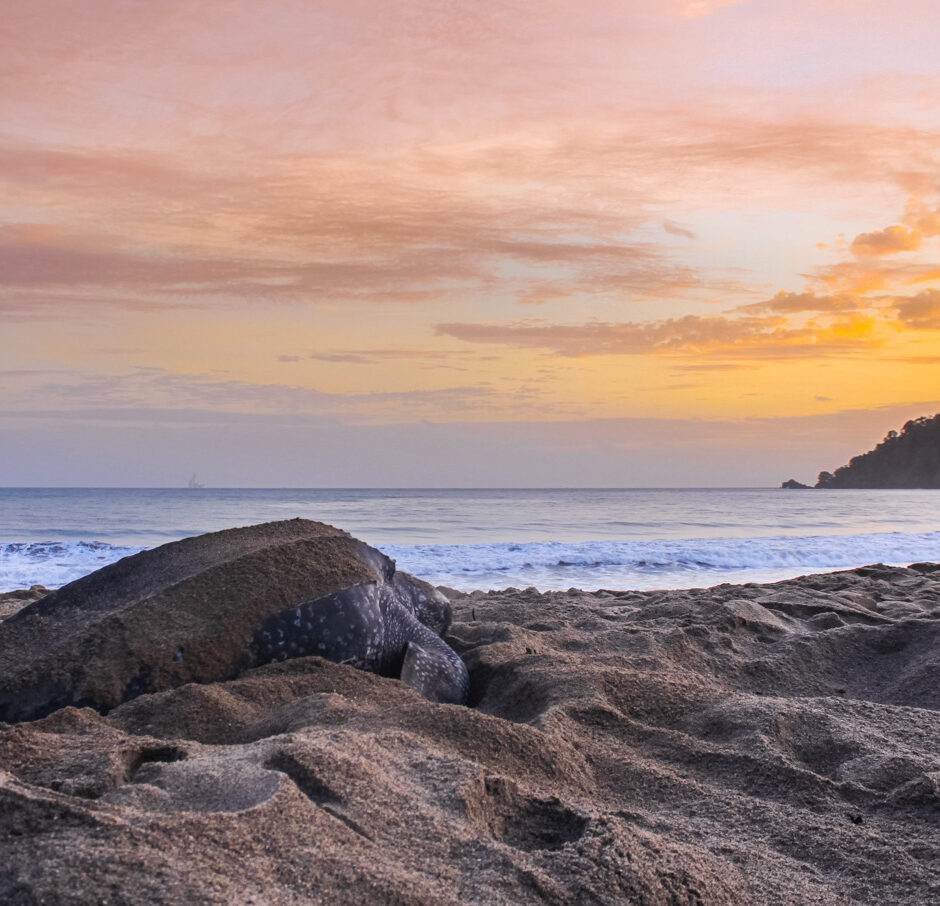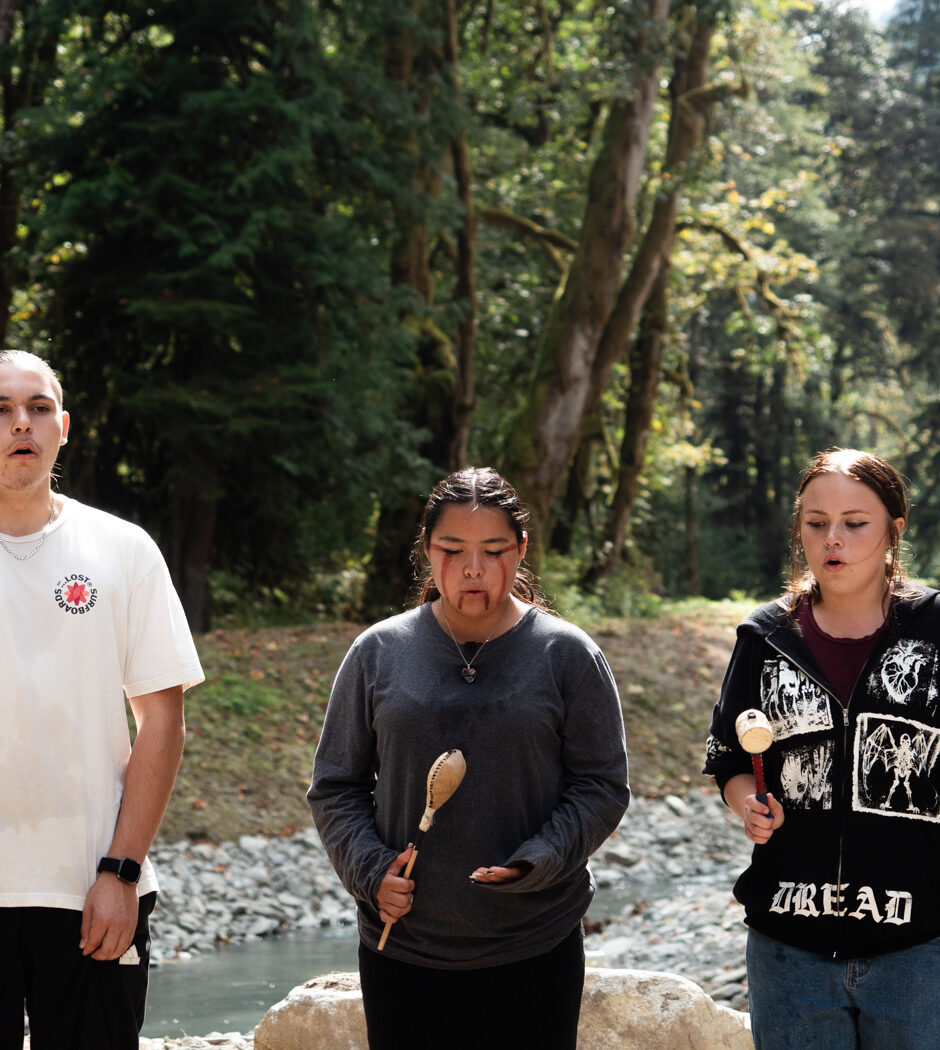Forest Health Alliance
(D.R. Congo)
Region Africa
Wildlife Corridor

The Congo Basin forest is the planet's second-largest tropical rainforest ecosystem after the Amazon. Located primarily in the Democratic Republic of Congo (DRC), it accounts for 26% of the world’s remaining tropical rainforest and plays an important role in slowing down global climate change through its absorption of greenhouse gases. It is also a rich and diverse ecosystem that provides food, fresh water, shelter, and medicine for local Indigenous communities, and it is home to various endangered wildlife species.
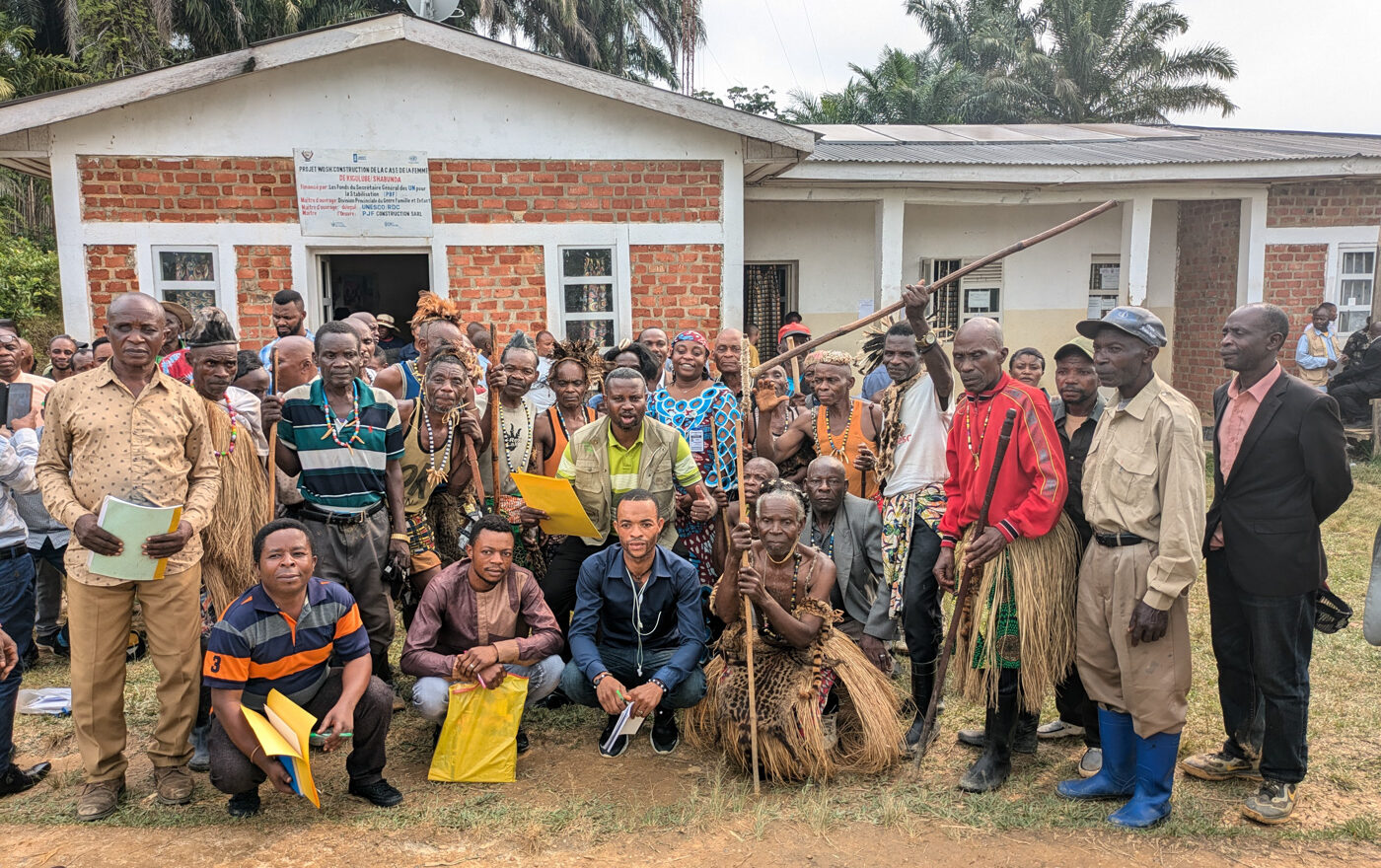
The Kahuzi-Biega – Itombwe Corridor
Location: South Kivu Province, Eastern DRC, within the larger USAD CARPE’s Maiko – Tayna – Kahuzi Biega – Itombwe (MTKB) Landscape.
Key species: Eastern lowland gorilla (Gorilla beringei graueri) and Chimpanzees (Pan troglodytes schweinfurthii); also, forest elephant and numerous species of endemic birds and amphibians. Key area for local communities’ cultural and spiritual values
Size of the corridor: 3,500km2 composed of 7 Community Forests, that connect Kahuzi-Biega National Park (6,000 km2) and Itombwe Nature Reserve (5,530 km2).
The Kahuzi-Biega – Itombwe Corridor is home to many endemic species and local communities. This holistic approach ensures that nature, wildlife, and people can coexist in a sustainable way. For the last 10 years, in partnership with 7 Chiefdoms and other key stakeholders, Forest Health Alliance and Strong Roots Congo have been working to protect and develop the Kahuzi-Biega – Itombwe Corridor. Forest Health Alliance and Strong Roots Congo have worked with the government to put in place a “community forestry” law that enhances community-based forest management and governance on traditional lands to improve livelihoods and reduce poverty, while preserving their rich biodiversity and improving ways for climate resilience and adaptation.
To combat deforestation and habitat loss, Forest Health Alliance and Strong Roots Congo are securing conservation status for the entire 3,500 km² corridor, designating 471 km² for reforestation and natural regeneration using indigenous tree species.
Partnership Impact
These achievements represent a groundbreaking step in community-led conservation, ensuring long-term protection for both wildlife and the communities that depend on the Kahuzi-Biega–Itombwe Corridor.
- 1 film produced, The Corridor
- 601,438 hectares protected (1,387,689 acres), preserving vital ecosystems and biodiversity within the corridor.
- 173 plant species, 39 mammal species, 108 bird species, 54 amphibian species, and 18 reptile species observed on habitat protected with AOU support.
- 23 Community Forest Concession Titles (CFCLs) secured —a historic milestone for Indigenous and local communities’ rights, land stewardship, and conservation.
- 30 major sustainable structures established, including ponds and brick-making facilities to support community development.
- 3 major programs implemented focused on enhancing livelihoods and promoting sustainable practices among local and Indigenous communities.
- Over 5,000 individuals engaged, Increasing climate change awareness and preparedness.
- 216 community members trained in nature-positive activities such as brick-making, agroforestry, aquaculture, apiculture, and business management.
- 3,842 community members benefiting economically, receiving direct benefits from corridor protection and nature-positive activities.
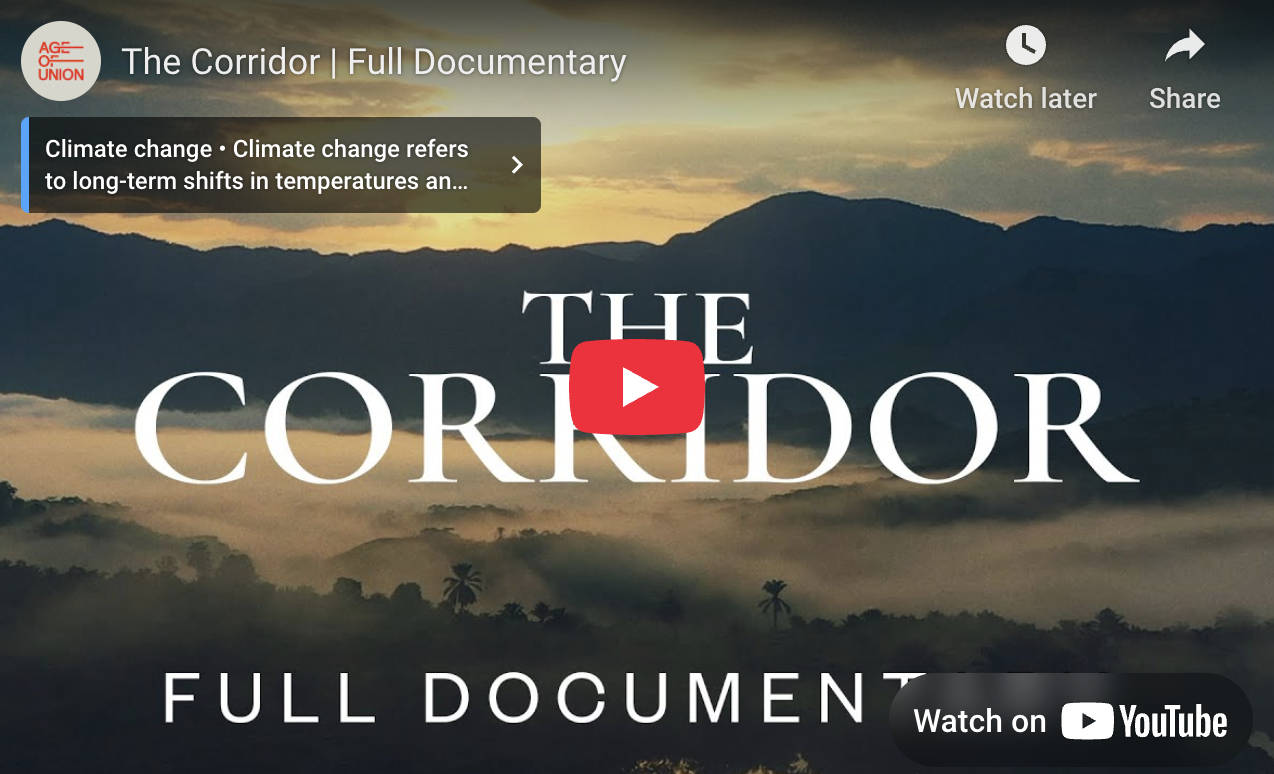
Mission
Forest Health Alliance’s Work in the Congo Basin Forest is to protect the DRC’s lowland gorillas, chimpanzees, elephants, and other endangered species by building up and sustaining a wildlife corridor achieved through reforestation efforts and designated protected natural areas. Local community efforts are focused on sustainable agriculture practices, environmental education, and alternative livelihood practices that allow for climate change resilience.
- Monitoring the critically endangered Eastern Lowland Gorilla
- Mapping the Itombwe Nature Reserve conservation zone of conservation
- Assessing the capacity of the region to act as a carbon sink through the installation of weather stations
- Supporting agroforestry and sustainable activities to prevent deforestation and reduce pressure on local resources and ecosystems
- Empowering the Batwa community with an emphasis on women
Timeline
- 2020 – Partnership begins; climate change monitoring, corridor surveys, and sustainable solutions are implemented to support nature, wildlife, and local communities in the corridor
- 2023 – Project visit takes place, and Age of Union releases the film The Corridor, highlighting the corridor’s significance and celebrating the securing of 13 land titles
- 2024 – Forest Health Alliance and Strong Roots Congo secure 10 additional Community Forest Concession Titles (CFCLs), expanding the legalized protected area to 1,387,689 acres across 23 land titles
Iconic Species
The Eastern Lowland Gorilla (Gorilla beringei graueri), the largest of all gorilla subspecies, is endemic to the Democratic Republic of Congo. These great apes play a crucial role in maintaining forest ecosystems by dispersing seeds and shaping vegetation. However, their populations have declined in recent decades due to deforestation, poaching, and habitat fragmentation. Protecting the Kahuzi-Biega – Itombwe Corridor is vital to ensuring their survival, allowing them to move safely between habitats and strengthening conservation efforts led by Indigenous and local communities.
People ()
The
change
makers
Dr. Kerry Bowman
President and Founder
Toronto, Ontario
Dr. Kerry Bowman has a Ph.D. in Bioethics, a fellowship in Cultural Psychiatry, and a Masters degree in Social Work. He is an Assistant Professor appointed to both University of Toronto Joint Centre for Bioethics and The University of Toronto Centre for Environment. As well, he is the Clinical Ethicist for Mount Sinai Hospital in Toronto. Dr. Kerry Bowman is a Canadian bioethicist and environmentalist. As well, he is the Clinical Ethicist for Mount Sinai Hospital in Toronto. He teaches a broad range of courses related to the bioethics of health care, emerging technologies and Global and Planetary health. Dr. Bowman has previously worked on the UN Environment Programme (UNEP) Outlook reports 4,5 and 6. His primary focus has been the relationship between human health and the environment. Dr. Bowman is presently working on two major conservation projects in the Western Amazon and the Eastern Congo focusing on the intersection of human health with factors such as deforestation, biodiversity loss and emerging zoonotic diseases.
Dominique Bikaba
Fondateur et directeur exécutif
Sud-Kivu, RDC
Dominique Bikaba is an environmental activist based in South Kivu and the founder of Strong Roots. Strong Roots works with a unique conservation and development model in which scientists work closely with Indigenous and local communities to implement local solutions to environmental and protected area management issues in the Democratic Republic of Congo. Strong Roots and Forest Health Alliance have been working together for 20 years to create and protect the DRC's wildlife corridor. Dominique Bikaba holds degrees in rural development with a specialization in regional planning, forestry and environmental studies with a specialization in ecosystem conservation and management. He has extensive professional experience in conservation and development, having served communities in the region for over 15 years. He has also worked for local, national and international organizations in the DRC and abroad, acquiring the skills and knowledge necessary for conservation and development programs. Dominique Bikaba also sits on a number of organizations' advisory and steering committees.
Matt Brunette
Corridor Project Coordinator
Toronto, Ontario
Matt Brunette has a Master’s degree in environmental science with a specialization in climate change impact assessment. He is an energy and sustainability consultant in Toronto where he helps businesses enhance their energy efficiency. Matt is the Corridor Project Coordinator at the Forest Health Alliance where he supports corridor project research/planning and coordinates project partnerships. Having been involved with the Forest Health Alliance for the past several years, he regularly visits the eastern Democratic Republic of Congo to monitor progress and add capacity to local partners. Matt is currently conducting research on climate change impacts in the Kahuzi-Itombwe corridor to help inform project planning and resilience strategies.
More projects
Africa
Re:wild
(Madagascar)
South America
Juma Institute
(Brazil)
North America
Kenauk
(Canada)
Caribbean
Nature Seekers
(Trinidad)
North America
